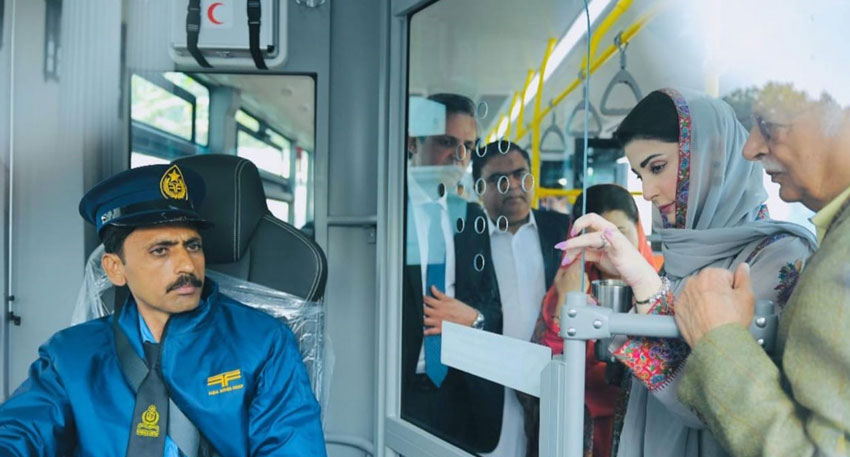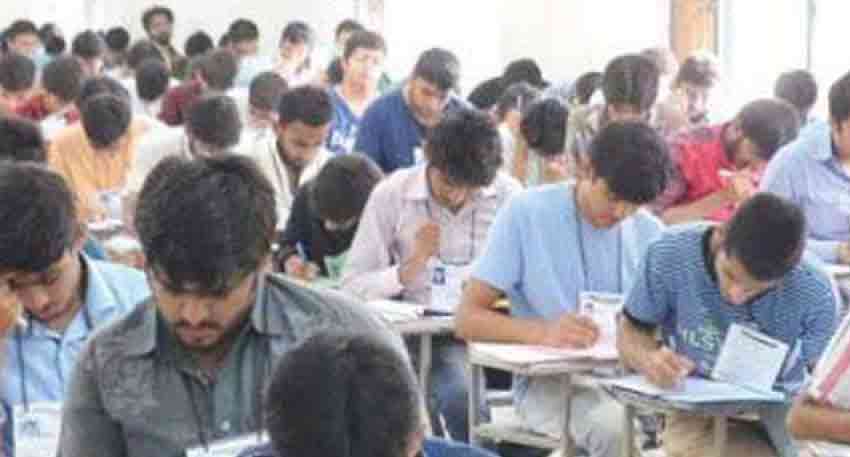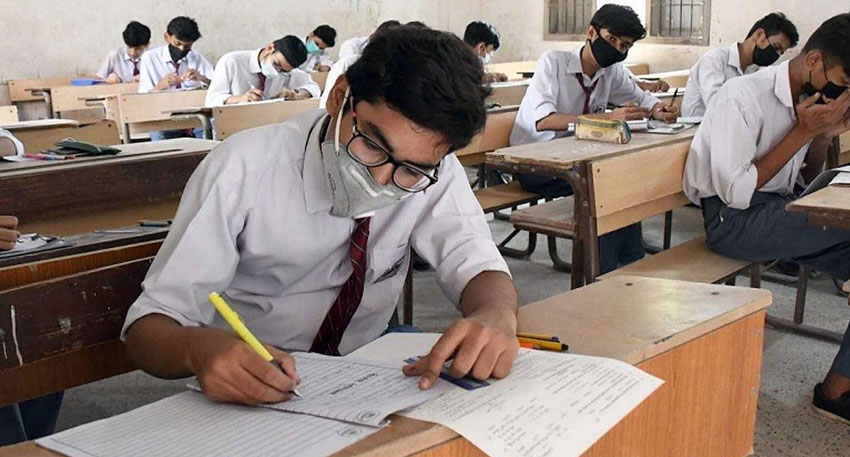
Chairing a high-level meeting with the School Education Department on Wednesday, the Chief Minister directed officials to present a comprehensive proposal for the province’s first structured school transport system. The goal: to ensure that children in even the most remote areas can access schools safely and regularly.
“We’re not just building schools, we’re building futures,” said Maryam Nawaz. “Every child deserves access to education, no matter where they live.”
The province will also introduce monthly awards for outstanding schools and teachers. These will be based on discipline, classroom teaching, lab standards, and overall performance. The awards aim to recognize and encourage excellence in the education sector.
Also Read: PMDC imposes 3-year ban on new medical colleges over faculty shortage, quality concerns
Punjab’s School Education Minister, Rana Sikandar Hayat, provided an overview of recent achievements. Through the government’s school outsourcing model, student enrollment has surged by 99%, while the number of teaching staff has increased by 114%. More than 60,000 employment opportunities have also been created for educated youth.
Punjab now holds the record for the world’s largest public-private partnership in education, enrolling an additional 1.3 million students within just 16 months. Another 10,500 schools are planned for outsourcing in the coming year.
Hayat shared that infrastructure in these schools has improved significantly—with over 400 new classrooms built, nearly 3,000 roofs repaired, and more than 5,000 classrooms renovated. Boundary walls now enclose over 254,000 square meters of school grounds, and more than 50 schools have been equipped with solar energy systems.
To further enhance the learning environment, over 1,600 water tanks, 5,800 coolers, and nearly 10,000 blackboards have been installed. In some districts, such as Faisalabad, mid-day meals are being served through self-help models to improve both attendance and nutrition.
Another major development is the launch of the PEEF Tech Schools pilot project, aimed at delivering high-quality and advanced technical education in rural areas. An English Conversation Programme, aligned with IELTS standards, is also underway and is expected to benefit 300,000 students within six months.
The Chief Minister also announced the expansion of the Nawaz Sharif Centre of Excellence, increasing its student capacity from 240 to 1,500.
A targeted School Meal Programme is set to launch in districts including Dera Ghazi Khan, Lodhran, Layyah, Bhakkar, Mianwali, and Bahawalnagar. Nutrition-focused items such as energy bars, milk, and biscuits are currently under review.
Additionally, efforts are being made to construct hundreds of new classrooms and toilet blocks in girls’ schools by the end of the year. The government is also advancing teacher and student training on Google tools and plans to establish 6,000 new STEM and science labs.
Maryam Nawaz emphasized the importance of not only expanding access to education but also improving its quality. “We aim to make our government schools better than even the best private institutions in Punjab,” she declared. She added that standardizing school entrances and providing comprehensive teacher training will be central to this mission.
These reforms reflect the Punjab government’s commitment to transforming the public education system into one that is inclusive, modern, and genuinely empowering for both students and educators.




